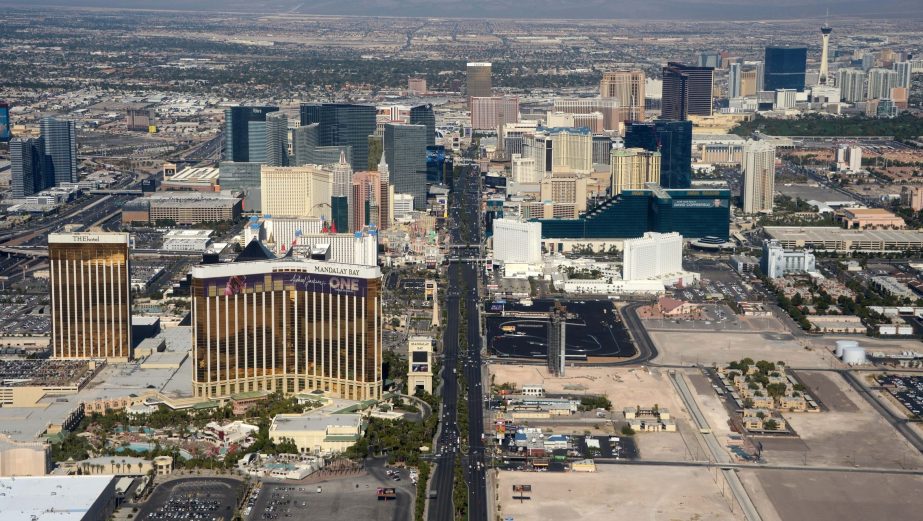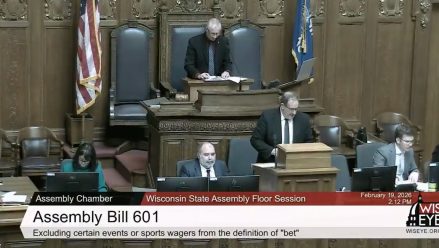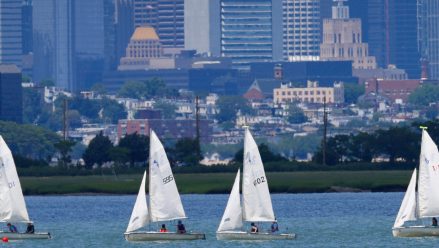The state of Nevada has called for Kalshi to offer up all of its communications about event contracts with the Commodity Futures Trading Commission (CFTC), the federal government and CFTC chair nominee Brian Quintenz, as well as information about its market makers, as it seeks a formal discovery process in its lawsuit with the prediction exchange.
In a motion filed in the U.S. District Court for the District of Nevada, the state argued that discovery of evidence is needed in order to decide whether Kalshi’s sports event contracts should be allowed there.
nevada-response-to-stay-discoveryKalshi had previously argued that there is no need for discovery, saying the case hinges on interpretations of law – mostly about when federal statutes may overrule state law – rather than questions of fact.
However, Nevada disagrees.
“Kalshi asserts that no discovery is necessary to resolve this case, because the principal issue is one of preemption,” the state said. “But to decide whether Nevada’s gaming laws are preempted, the Court will need to know key facts about Kalshi’s products—and none of those facts have been developed. Although preemption questions sometimes are resolved on stipulated facts, the parties here have not agreed to the necessary facts.”
Nevada noted a number of claims made by Kalshi that the state — when it filed a response motion to Kalshi’s initial complaint in July — said it couldn’t prove or disprove without more evidence.
Those claims include one that “Shutting down [Kalshi’s] event contracts in Nevada would threaten Kalshi’s viability and require devising complex technological solutions whose feasibility is entirely untested and unclear” and that “Event contracts are a valuable means to hedge risk against event-driven volatility.”
The state also argues that Kalshi has produced evidence intended to support its case, but is now not giving Nevada the same opportunity.
“Kalshi would prefer that Defendants have no chance to conduct discovery to support their defenses and challenge Kalshi’s claims,” Nevada said. “But that is not how civil litigation works; the Court does not tie one party’s hands and prevent it from putting on a defense.”
Kalshi asserts that having to go through the discovery would add “burdensome” costs on the business. Nevada pointed to the company’s June fundraise at a $2 billion valuation as evidence that the costs involved in discovery should be insignificant.
Nevada’s requests for evidence
The state went on to attach two letters, dated Aug. 1, requesting evidence or information from Kalshi. Kalshi submitted its request for summary judgment – which would eliminate the need for discovery – the same day.
The state is seeking from Kalshi information on “each event contract that Kalshi currently offers to Nevada citizens,” and “all efforts made by Kalshi to comply with Nevada gaming laws and regulations.”
Nevada also asks Kalshi to identify all of its institutional market makers – who receive benefits in return for making trade offers for other Kalshi customers – and to “identify and describe all lobbyists, public relation firms, advertising or marketing agencies that have been hired, paid, or contracted with by Kalshi with respect to Kalshi’s business in Nevada.”
The documents requested include “all communications” concerning event contracts between Kalshi and each of the federal government, the CFTC, market maker Susquehanna International Group, and Quintenz a CFTC chair nominee. Quintenz is a Kalshi director — though he has said he will step down if confirmed — and his continued involvement with Kalshi has raised conflict-of-interest questions.
Nevada also asked for all documents “reflecting, referencing, or discussing the financial, commercial, or economic consequences, if any, associated with Kalshi’s event contracts.”
The call for discovery comes after Kalshi won a temporary injunction in April, allowing it to continue offering sports event contracts in Nevada until a final ruling is made. Kalshi also won a similar injunction in New Jersey, but lost its bid for an injunction in Maryland. It is appealing the Maryland ruling.







